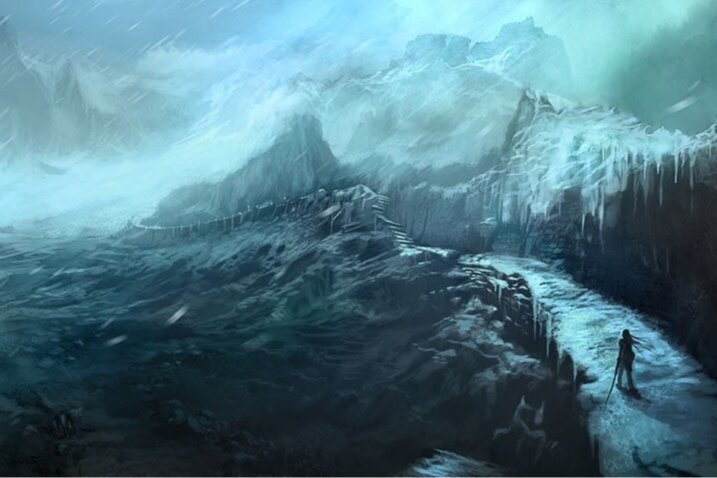Welcome to the 17th Level Up playtest document. This playtest document contains an abbreviated expression of the game’s Journey rules, which form an important part of the exploration pillar of play.


 www.levelup5e.com
www.levelup5e.com
When you are ready, please give us feedback by taking the playtest survey!
 us15.list-manage.com
us15.list-manage.com

Level Up Playtest Document #17: Journeys — Level Up: Advanced 5th Edition (A5E)
This playtest document contains an abbreviated expression of the game’s Journey rules, which form an important part of the exploration pillar of play.
When you are ready, please give us feedback by taking the playtest survey!



